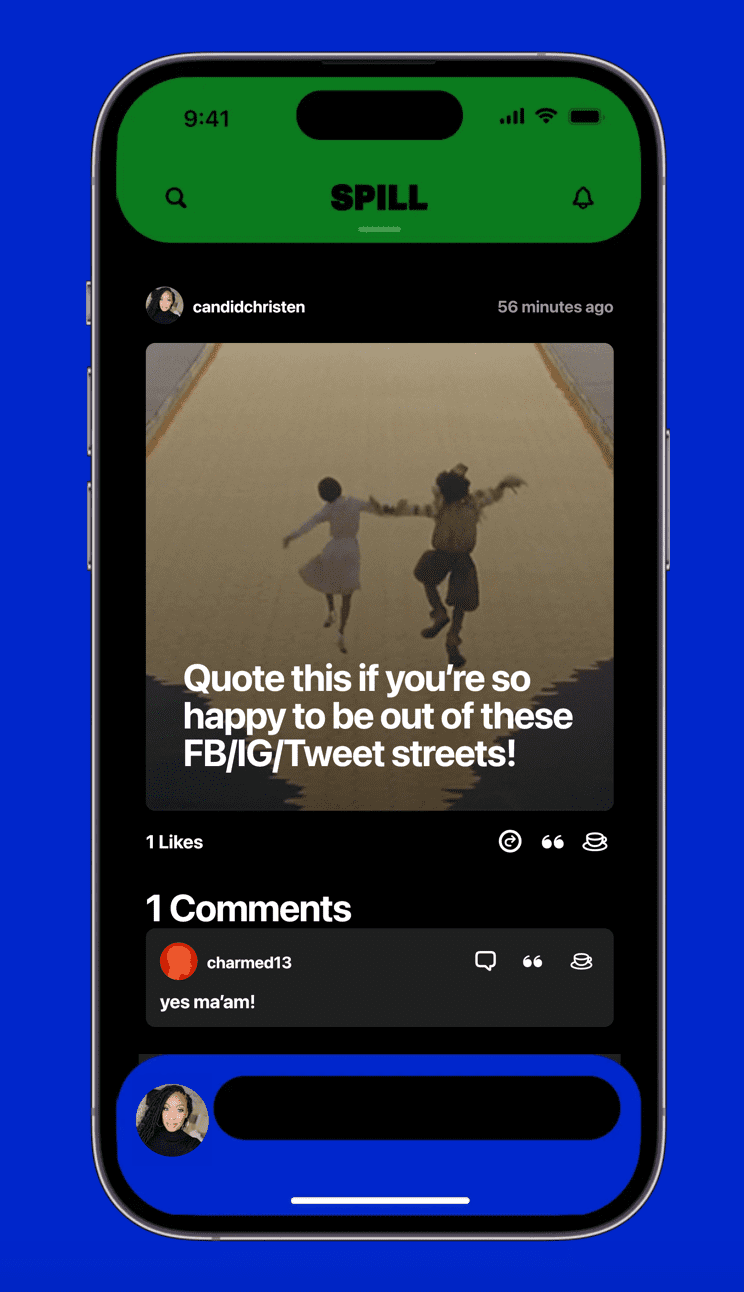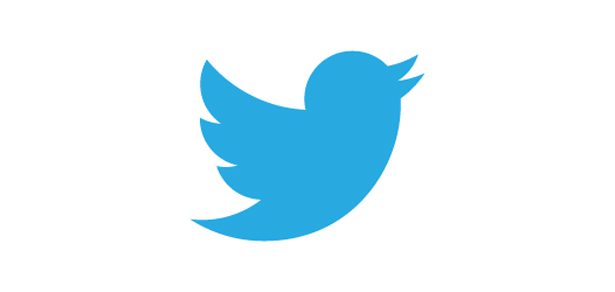For years it’s been gaining more and more attention – employees getting fired for foul use of social media networks such as Twitter & Facebook. Can you imagine being – Ashley Payne, the teacher who was fired, because of a photo of her on Facebook with friends holding a glass of wine? Getting fired because of shady dealings on social media is more real than ever before. If you’ve ever wondered what you can or can’t do online that’ll keep your name clear on the “misuse of social media” wall – don’t worry, we have you fairly covered. Here “THE RULES” better known as a list of things you should do (or not do) in online venues like Facebook, Twitter, Pinterest and More…
RULE #10 – Don’t disclose personal information that you are not comfortable having out there. Birthdates are a crucial piece of information used to identify people that might be better left out of your profile.
RULE #9 – Steer clear of accessing Facebook/Twitter on your work computer during office hours unless you have permission to do so. How about, don’t use it at work unless you know it will get you paid. Commission sales people are less likely to get in trouble over this than someone working in the accounting department.
RULE #8 – Monitor your information. Google your name often, set up alerts and let people know what your expectations are for personal information. Let your close friends know where you stand so there are fewer issues. This is especially important for the photo junkies who like posting potentially embarrassing photos that may have you in one or more of them.
RULE #7 – Don’t post anything that you wouldn’t feel comfortable posting or discussing in the lunchroom at work. Some people got busted for posting photographs of things that went on at parties. DEFINITELY A NO-NO!
RULE #6 – Remove shady comments posted by others that can possibly get you into trouble. You have control over what people post on your page or what you retweet. Edit them directly or ask whoever posted them to remove them.
RULE #5 – Raise your privacy settings. Be mindful that these settings only prevent the average user from digging out the information. Assume there is a chance that the information can still leak out.
RULE #4 – Do not EVER admit to anything even remotely resembling a crime. Cops and prosecutors know how to use Facebook as well as anyone. (Dumbest Social Media Criminals anyone?) You’ll have a hard time undoing such an admission, even if done as a joke. If your boss doesn’t really like you, Facebook might become a good place to turn to find dirt that can be used to get rid of you.
RULE #3 – Be considerate of others when you are posting things. If your friend just started a new job as a Whitehouse intern, don’t start posting stuff that won’t make it past the watchdogs.
RULE #2 – Don’t discuss confidential stuff online. If you aren’t sure, err on the side of caution. Don’t be afraid to ask someone before going ahead and posting something.
RULE #1 – Be careful if you mix your personal and business online. People often make the mistake of carelessly mixing personal and business contacts. Be somewhat more conservative with your business than your personal contacts to minimize this source of potential problems.
If you like your job and don’t want to get trumped out of it, be careful how you use Facebook or one or the many tools like it. Use these above suggestions and your profile will become positively enhanced. Many employers, including the CIA, are turning to these tools as part of their recruiting arsenal. If you use them well, you might be hearing “You’re Hired.” – use them poorly & Donald Trump won’t be the only boss coining that famous phrase – “YOU’RE FIRED.”






